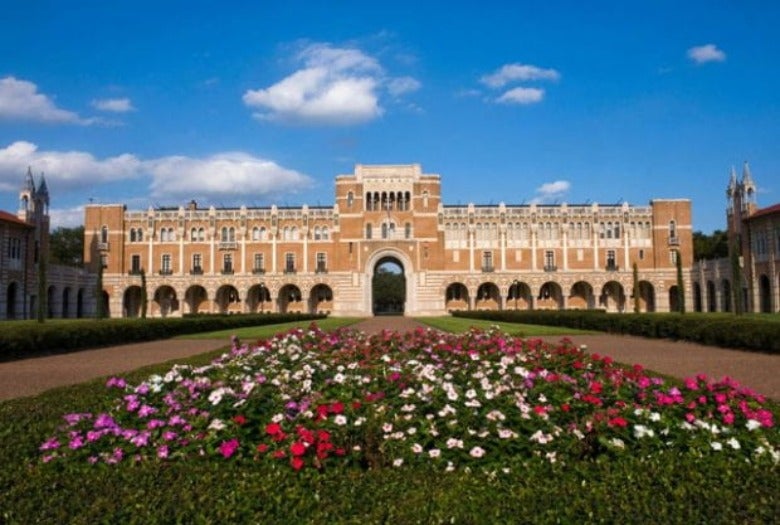Drop in activity along border could cost Texas billions, says Baker Institute expert
HOUSTON – (Dec. 14, 2020) – The reduction in mobility along the Texas-Mexico border caused by COVID-19 will hurt the state's economy as a whole, according to new research from Rice University’s Baker Institute for Public Policy.
“Because the border economy is heavily dependent on cross-border trade and consumption, the economic impact of reduced cross-border mobility cannot be underestimated,” wrote Jose Ivan Rodriguez-Sanchez, postdoctoral research fellow in international trade at the Baker Institute.
The U.S. and Mexico have agreed to continue to restrict nonessential travel across the border, measures that have been in place since March and are likely to remain until at least spring, according to Rodriguez-Sanchez.
“The restrictions have already had significant effects on the economies of counties situated on the U.S.-Mexico border,” he wrote. “Many of these border counties depend on tourists, who spend their money buying goods and services, staying at hotels, going across the border for entertainment and eating at restaurants.”
Without Mexican tourists and shoppers, Rodriguez-Sanchez explains, there will be an estimated reduction of nearly $4.9 billion in the GDP of border counties — representing 6.1% of their total GDP.
“This analysis was only for eight months. For the year, it should be even higher,” he said.
The reduction in economic activity along the border — and subsequent loss of tax revenue for the state — comes as Texas is experiencing its first contraction since 2009 thanks to the pandemic, the downturn in the oil industry and the global oil price war in March, Rodriguez-Sanchez explained.
“Texas is one of the largest generators of tourism in the United States, and the Texas economy benefits significantly from tourism revenue. Texas generated an estimated $83 billion in 2019 through direct travel spending, which generated indirect and induced effects in other sectors for a total economic impact of $169 billion,” he wrote. “The tourism industry also fosters job creation. In 2019, it supported 1.3 million jobs in Texas (almost 1 of every 10 jobs), and employment grew by 2.9%.”
But with retail sales plummeting along the border, the state will likely lose around $242.6 million in tax revenue, Rodriguez-Sanchez argued.
“In sum, it seems that ‘nonessential’ Mexican travelers are, in fact, essential to the border counties of Texas,” he wrote.
-30-
To schedule an interview with the Rodriguez-Sanchez, or for more information, contact Avery Franklin, media relations specialist at Rice, at averyrf@rice.edu or 713-348-6327.
Related materials:
Paper: https://www.bakerinstitute.org/media/files/files/258cf982/bi-brief-120420-usmx-touristsborder.pdf.
Rodriguez-Sanchez bio: https://www.bakerinstitute.org/experts/jose-ivan-rodriguezsanchez//
Follow the Baker Institute via Twitter @BakerInstitute.
Follow Rice News and Media Relations via Twitter @RiceUNews.
This news release can be found online at news.rice.edu.
Founded in 1993, Rice University’s Baker Institute ranks as the No. 2 university-affiliated think tank in the world and the No. 1 energy think tank in the world. As a premier nonpartisan think tank, the institute conducts research on domestic and foreign policy issues with the goal of bridging the gap between the theory and practice of public policy. The institute’s strong track record of achievement reflects the work of its endowed fellows, Rice University faculty scholars and staff, coupled with its outreach to the Rice student body through fellow-taught classes — including a public policy course — and student leadership and internship programs. Learn more about the institute at www.bakerinstitute.org or on the institute’s blog, http://blog.bakerinstitute.org.

